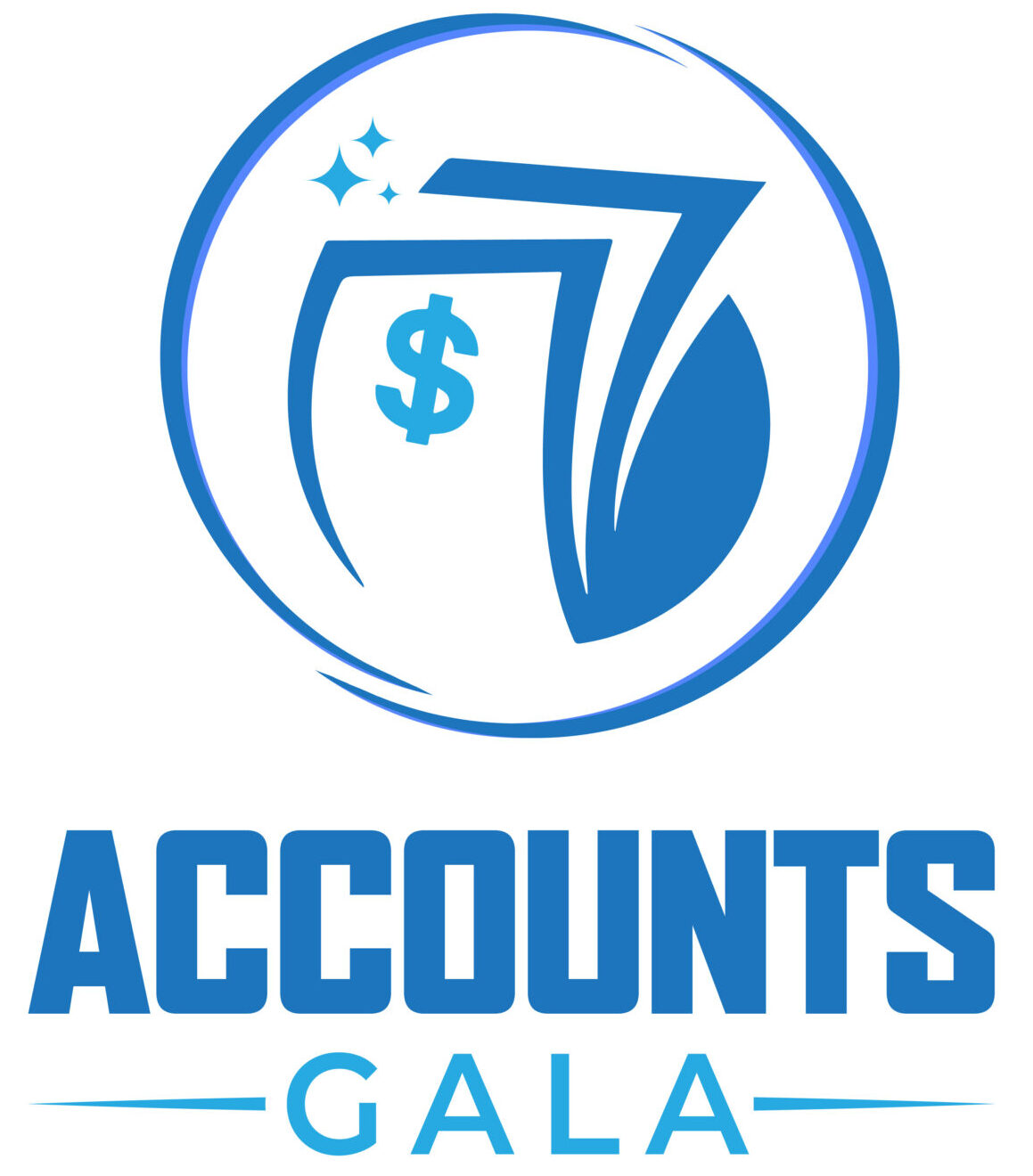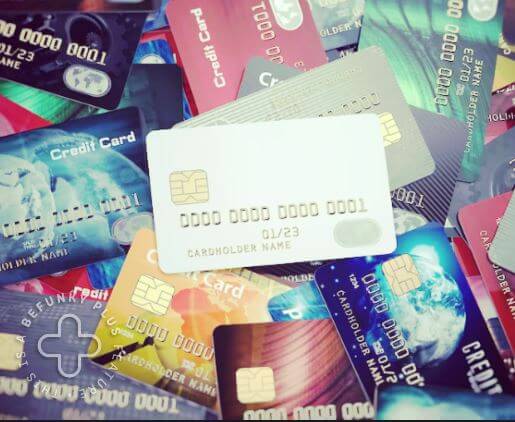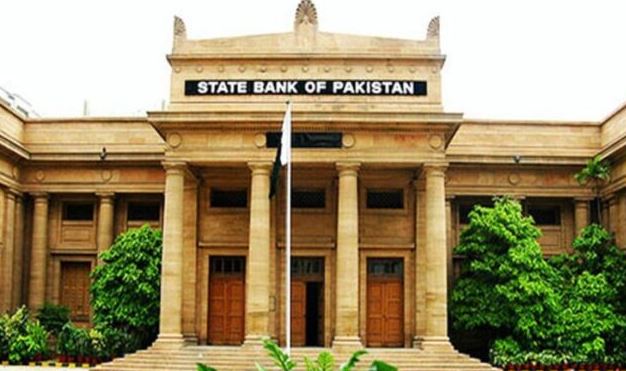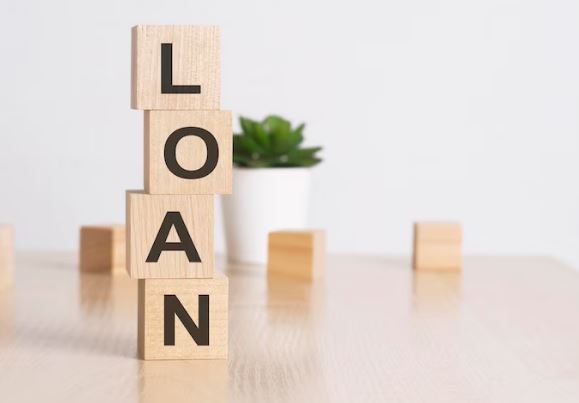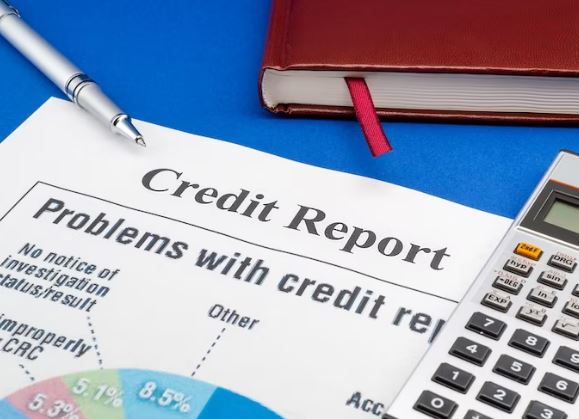Plastic money revolution
Plastic money revolution: Debit cards provide convenience but also come with risks. Using your ATM debit card securely is of paramount importance in today’s digital age, where financial transactions are increasingly conducted online.
Since ATM card are widely customer by every age group customer as the most useable means of withdrawing or transferring money here are some important precautions you must take while using your ATM cards at different channels;-
1. Keep Your Card Safe:
Be mindful of who has access to your card, and never lend it to anyone.
Keep your card physically safe. This means storing it in a secure wallet or cardholder and not leaving it lying around.
2. Memorize Your PIN:
Your Personal Identification Number (PIN) is a critical security feature of your debit card. Memorize it, and never write it down or share it with anyone. Avoid using easily guessable PINs like “1234” or “0000.”
3. Cover the Keypad:
When entering your PIN at an ATM or point-of-sale terminal, use your body or hand to shield the keypad from onlookers. This prevents anyone from observing your PIN as you enter it.
4. Monitor Your Account Regularly:
Set up online banking and regularly monitor your account for any unauthorized transactions. The sooner you detect and report suspicious activity, the better the chances of resolving the issue quickly.
5. Enable Alerts:
Enable SMS/Email alerts to receive instant notifications for any activity on your debit card.
This can help you identify and report any unauthorized transactions promptly. Most banks offer transaction alerts through email or SMS.
6. Use Secure ATMs:
Avoid ATMs in secluded areas or those with broken security features. Criminals often target poorly monitored machines. When withdrawing cash from an ATM, choose secure, well-lit locations.
7. Check for Skimming Devices:
Before inserting your card into an ATM, check for any unusual or suspicious attachments.
Skimming devices are often used by criminals to capture card information. If something looks out of place, use a different ATM.
8. Be Wary of Phishing Scams:
Criminals often use phishing emails or messages to trick you into revealing your card details.
Be skeptical of unsolicited messages and never click on suspicious links or share your card information via email or text.
9. Use Strong Online Banking Passwords:
Avoid using easily guessable information such as your birthdate, and consider using a password manager to keep track of your login credentials, ensure you have a strong, unique password.
10. Keep Your Contact Information Updated:
Ensure your bank has your current contact information, including your phone number and email address. This is crucial for them to reach you in case of suspicious activity or to send alerts.
11. Use Verified Websites and Merchants:
When making online purchases, only use trusted websites and merchants. Look for secure payment options and check for the “https” in the web address, which indicates a secure connection.
12. Secure Your Mobile Banking:
If you use mobile banking apps, secure your smartphone with a PIN or biometric authentication. Additionally, enable remote tracking and data wiping features in case your phone is lost or stolen.
13. Avoid Public Wi-Fi for Banking:
Public Wi-Fi networks are often less secure. Avoid using them for online banking or making transactions. If you must, consider using a virtual private network (VPN) for added security.
14. Never Share Card Information:
Do not share your card information with anyone, even if they claim to be from your bank. Legitimate financial institutions will not ask for your card details over the phone or email.
15. Report Lost or Stolen Cards Immediately:
If your card is lost or stolen, report it to your bank immediately. They can block the card to prevent unauthorized transactions.
16. Beware of Card Scams:
Stay informed about common card scams, such as card-not-present fraud and card-present fraud, and be cautious when making transactions.
17. Know Your Rights:
Understanding your rights can help you navigate any issues that may arise. Familiarize yourself with your bank’s policies regarding debit card security and liability for unauthorized transactions.
Read more:
https://accountsgala.com/point-of-sale-systems-pos-and-its-impact/
Conclusion
Your debit card is a valuable financial tool, and protecting it should be a top priority in your daily life. safeguarding your ATM debit card requires a combination of physical and digital precautions. By staying vigilant, monitoring your account, and being cautious when using your card, you can significantly reduce the risk of falling victim to debit card fraud.
